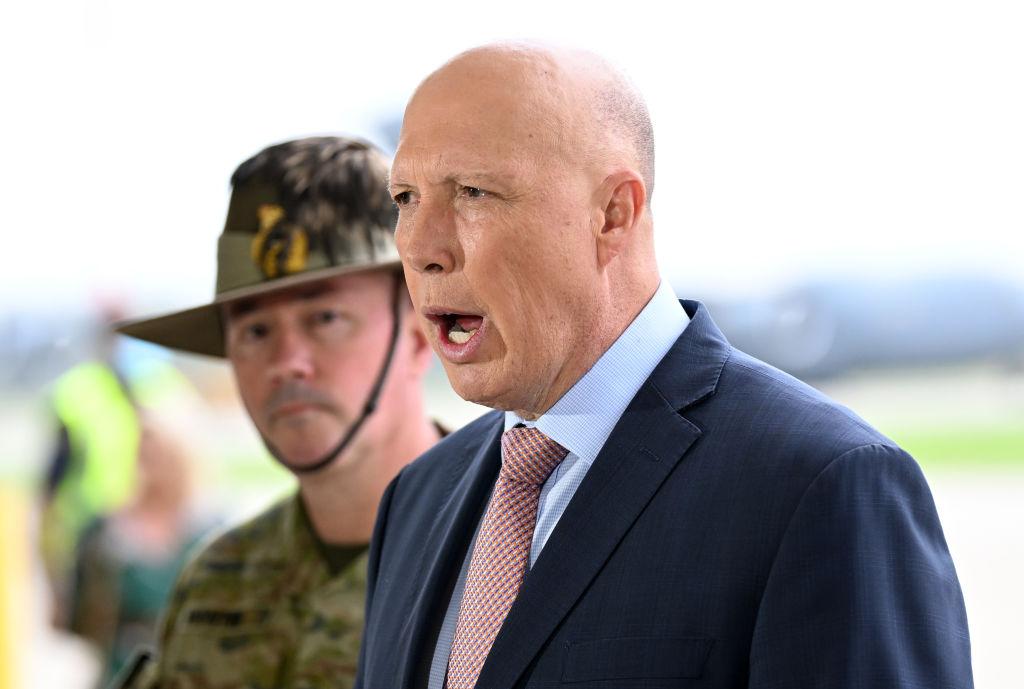Australia’s opposition leader Peter Dutton says that while he supports Prime Minister Anthony Albanese’s meeting with Chinese leader Xi Jinping, the centre-right coalition is staying “realistic” about what China is doing.
It comes after Albanese met with Xi earlier in the week and raising a host of issues with Beijing, from Xinjiang’s human rights issues to the detention of Chinese-Australian nationals, and the possible removal of trade sanctions that have stopped $20 billion (US$13.5 billion) worth of goods entering the China market.




